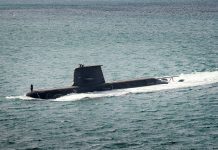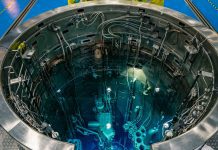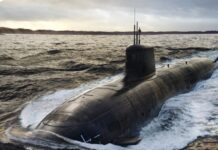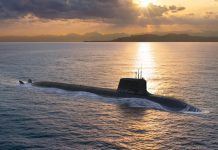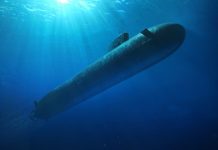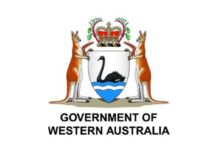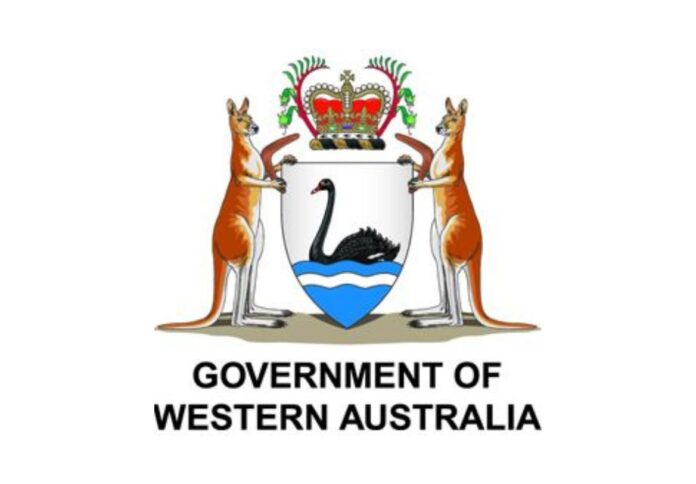
Western Australian manufacturer Hofmann Engineering has been approved to supply locally made components for the construction of United States Navy nuclear-powered aircraft carriers.
Founded in a Perth backyard in 1969, Hofmann Engineering has grown into a key supplier to local projects, including METRONET railcars, and is now the first Australian business cleared to provide parts for strategic US naval assets.
The achievement comes through a Cook Government-supported program aimed at strengthening WA’s role in global defence supply chains, as revealed in a news release.
According to the WA government, the approval also positions the Bassendean-based company to eventually supply components for Virginia-class submarines, a move expected to create jobs and reinforce Australia’s defence cooperation with the US.
“I want to grow WA’s defence sector to become the State’s second largest industry after mining, creating jobs for generations and diversifying our economy beyond the resources sector,” Defence Industries Minister Paul Papalia said.
The WA Government contributed $300,000 last year to Huntington Ingalls Industries, the world’s largest builder of nuclear-powered submarines, to deliver the Supplier Capability Uplift Program.
The initiative, later incorporated into the Australian Submarine Supplier Qualification program managed by H&B Defence, has already assisted other WA manufacturers including Dobbie, Marine Technicians Australia, Pressure Dynamics and Veem in working towards meeting US requirements.
Huntington Ingalls Industries is one of only two companies that construct the Virginia-class submarine, the vessel Australia is expected to acquire under the AUKUS partnership from 2032.
“Our skilled local workforce can accelerate the construction of Virginia-class submarines – benefiting both WA and our AUKUS allies,” Minister Papalia said.
The WA Government has said its long-term goal is to grow defence into the state’s second largest industry after mining, ensuring the localisation of advanced manufacturing supports both national security and future employment.


